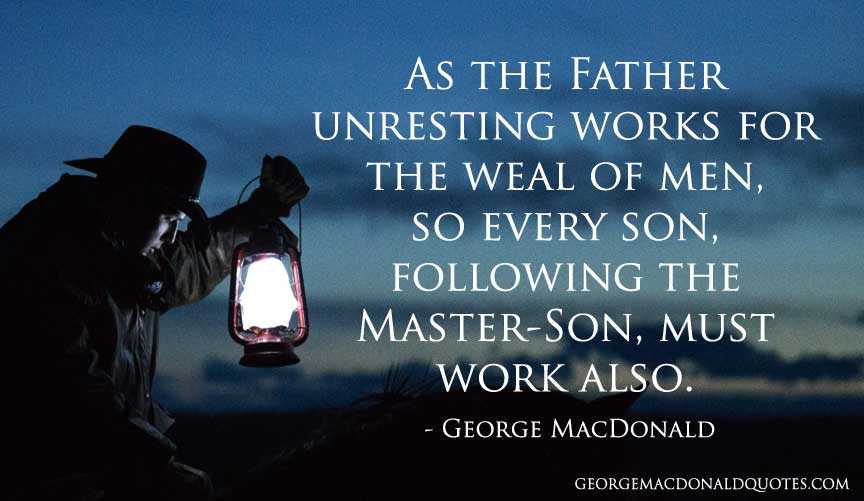[previous] [next]
 Download & Share
Download & Share
“He knew something of the doctor, for he had met him again and again where he himself was trying to serve; but they had never had conversation together. Faber had not an idea of what was in the creature who represented to him one of Nature’s failures at man-making; while Polwarth, from what he heard and saw of the doctor, knew him better than he knew himself; and although the moment when he could serve him had not begun to appear, looked for such a moment to come. There was so much good in the man, that his heart longed to give him something worth having. How Faber would have laughed at the notion! But Polwarth felt confident that one day the friendly doctor would be led out of the miserable desert where he cropped thistles and sage and fancied himself a hero. And now in the drawn look of his wife’s face, in the broken lights of her eye, in the absorption and the start, he thought he perceived the quarter whence unwelcome deliverance might be on its way, and resolved to keep attention awake for what might appear. In his inmost being he knew that the mission of man is to help his neighbors. But in as much as he was ready to help, he recoiled from meddling. To meddle is to destroy the holy chance. Meddlesomeness is the very opposite of helpfulness, for it consists in forcing your self into another self, instead of opening your self as a refuge to the other. They are opposite extremes, and, like all extremes, touch. It is not correct that extremes meet; they lean back to back. To Polwarth, a human self was a shrine to be approached with reverence, even when he bore deliverance in his hand. Anywhere, everywhere, in the seventh heaven or the seventh hell, he could worship God with the outstretched arms of love, the bended knees of joyous adoration, but in helping his fellow, he not only worshiped but served God—ministered, that is, to the wants of God—doing it unto Him in the least of His. He knew that, as the Father unresting works for the weal of men, so every son, following the Master-Son, must work also. Through weakness and suffering he had learned it. But he never doubted that his work as much as his bread would be given him, never rushed out wildly snatching at something to do for God, never helped a lazy man to break stones, never preached to foxes. It was what the Father gave him to do that he cared to do, and that only. It was the man next him that he helped—the neighbor in need of the help he had. He did not trouble himself greatly about the happiness of men, but when the time and the opportunity arrived in which to aid the struggling birth of the eternal bliss, the whole strength of his being responded to the call. And now, having felt a thread vibrate, like a sacred spider he sat in the center of his web of love, and waited and watched.”
– George MacDonald. From Paul Faber, Surgeon
[previous] [next]